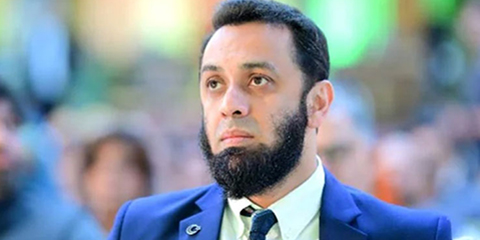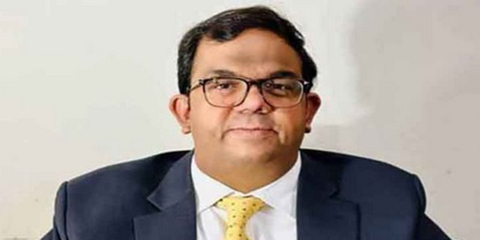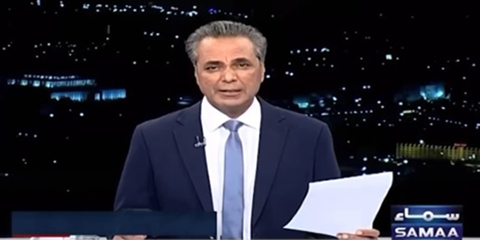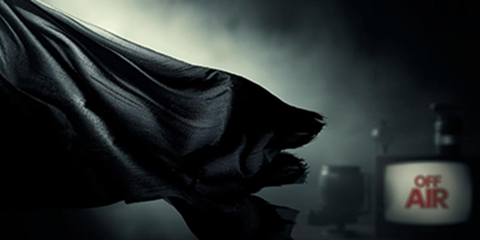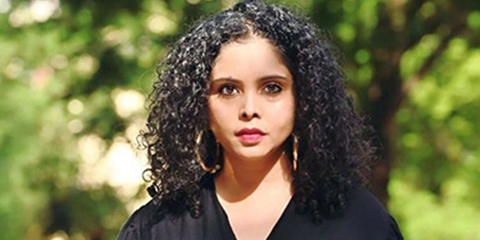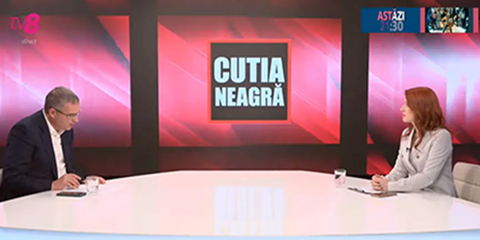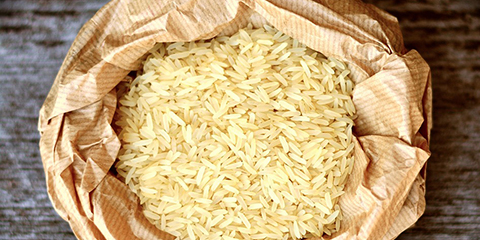Underbelly of Pakistan media exposed
JournalismPakistan.com |
Published 12 years ago | Arshad Sharif
Join our WhatsApp channel
ISLAMABAD: The sensitive task of informing the public about important news and current affairs is in the hands of media persons who lack adequate and comprehensive training in print and broadcast journalism, said the final report of the two-member Media Commission appointed by the Supreme Court.
According to a post on reportersdiary.com, lack of adequate, comprehensive training in print journalism and in broadcast journalism before persons are given the opportunity to become reporters, anchors, news readers, content controllers etc,” the Commission said while identifying the negative aspects of the media in Part-II of its report submitted before the Supreme Court on May 31st, 2013.
The Supreme Court appointed a two member Media Commission comprising Senator (Retd) Javed Jabbar and Justice (R) Nasir Aslam Zahid on 15th January, 2013 and submitted the first part of its report on 21st March.
Part-II of the Media Commission report contains 17 annexures including versions of Pakistan Broadcasters Association (PBA), Pakistan Federal Union of Journalists (PFUJ), Pakistan Electronic Media Regulatory Authority (PEMRA) and other stakeholders.
The observations of the Commission were also echoed by PFUJ which admitted the absence of professional skills in journalists who had entered the field of electronic media.
“Unlike the print media where the journalists undergo training whether in the field of reporting or editing, in the electronic media freshmen were recruited into senior position without any aptitude or experience resulting in utter chaos,” PFUJ said in its official stance before the Media Commission.
In an observation which is critical of the editorial independence of TV content, the Commission noted that advertisers influenced the prime time content in Pakistani media.
“Advertisers virtually dictate prime time content preferences by using a narrow, relatively non-representative, heavily urban and consumption oriented rating system to pressurise channels into cut throat competition and to a lowering of standards of content,” the Commission said in its findings.
PBA in its version before the Commission accepted the need for content regulation.
“The absence of parallel sources of revenue such as the subscription revenue had made the media dependent upon advertising revenue and as a natural corollary there was competition for ratings within the industry. Assured revenue would provide opportunity to the channels to devote more time to content regulation instead of trying to be one up to the competitor,” PBA said in its statement before the Commission.
PBA informed the Commission that TV channels were facing cash flow problems and therefore at times the disbursement of salary to the staff got delayed.
PBA said that 90 per cent of the news TV channels were “in the red” and the cost of news gathering had gone up phenomenally.
(The writer is a senior journalist at Aaj TV)
Read the full story here
Read Next
Why only Nukta, Mr. Minister? Media workers question government's selective support
November 06, 2025:
Information Minister Attaullah Tarar’s job offer to Nukta staff draws criticism as hundreds of journalists across Pakistan face layoffs, salary delays, and job insecurity.
Information Minister Tarar announces jobs for all 37 laid-off Nukta employees
November 06, 2025:
Information Minister Attaullah Tarar announces jobs for 37 laid-off Nukta employees, saying they will be placed at digital platforms within 48 hours amid growing media uncertainty.
Faisal Chaudhry’s viral one-liner on G for Gharidah steals the show
November 05, 2025:
PTI’s Faisal Chaudhry’s witty reply to Gharidah Farooqi on GTV’s “G for Gharidah” goes viral as a clip from their debate over the 27th Amendment sparks reactions online.
A digital dream falters: Nukta cuts 37 jobs in Pakistan after only one year
November 05, 2025:
Digital platform Nukta lays off 37 employees in Pakistan, including journalists and producers, highlighting the financial struggles facing new media ventures in a shrinking job market.
Talat Hussain says offensive viral clip was edited out, not aired on Samaa TV
November 04, 2025:
Talat Hussain denies airing the viral clip showing Sher Afzal Marwat’s vulgar remark, saying it was not part of his Samaa TV show.
PFUJ recalls November 3, 2007 emergency as Pakistan’s darkest day
November 03, 2025:
PFUJ recalls November 3, 2007, as Pakistan’s darkest day under Musharraf, urging protection for journalists and the abolition of laws threatening press freedom.
PFUJ calls for end to Impunity for Crimes Against Journalists
November 02, 2025:
PFUJ urges Pakistan’s federal and provincial governments to end Impunity for Crimes Against Journalists and ensure their safety and press freedom.
Global impunity for journalist murders worsens as Pakistan sees 60 percent rise in attacks
November 02, 2025:
Impunity for crimes against journalists deepens worldwide as Pakistan reports a 60 percent surge in attacks and weak enforcement of safety laws.





